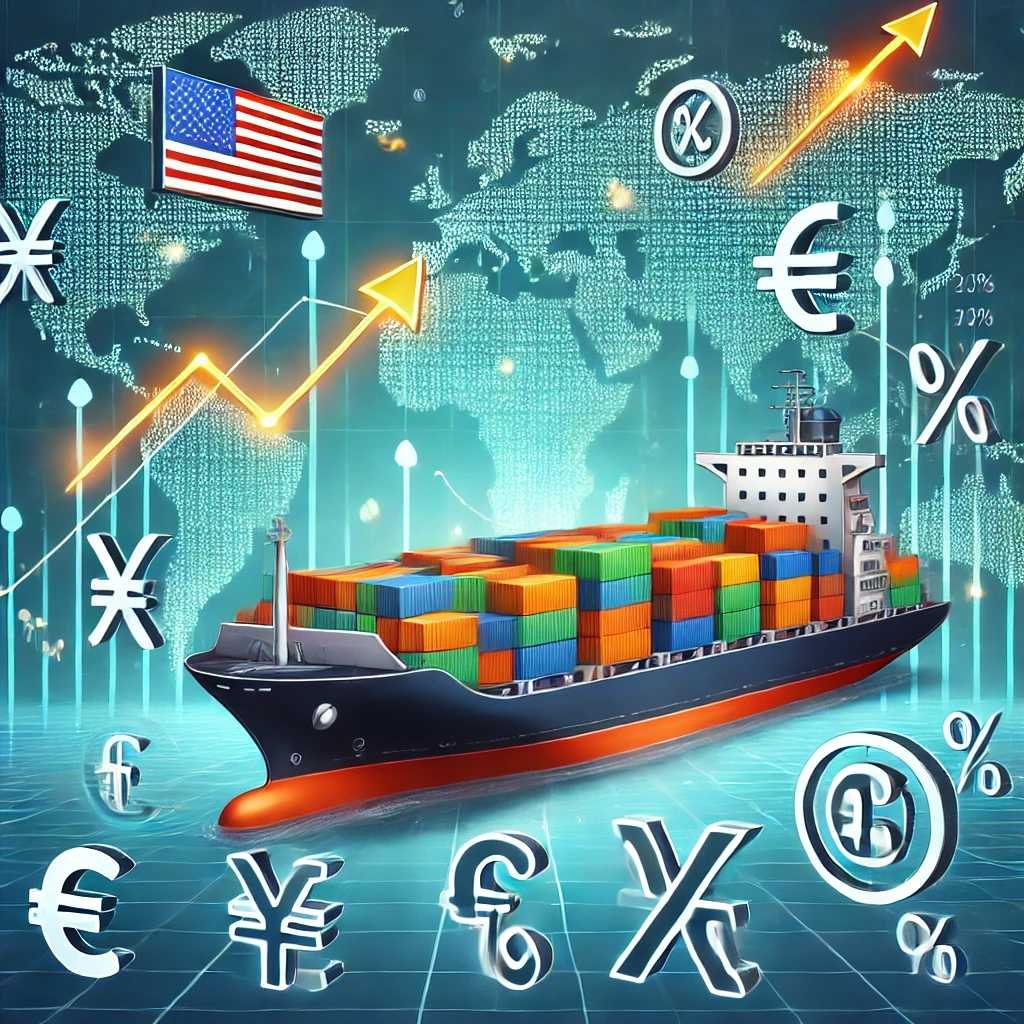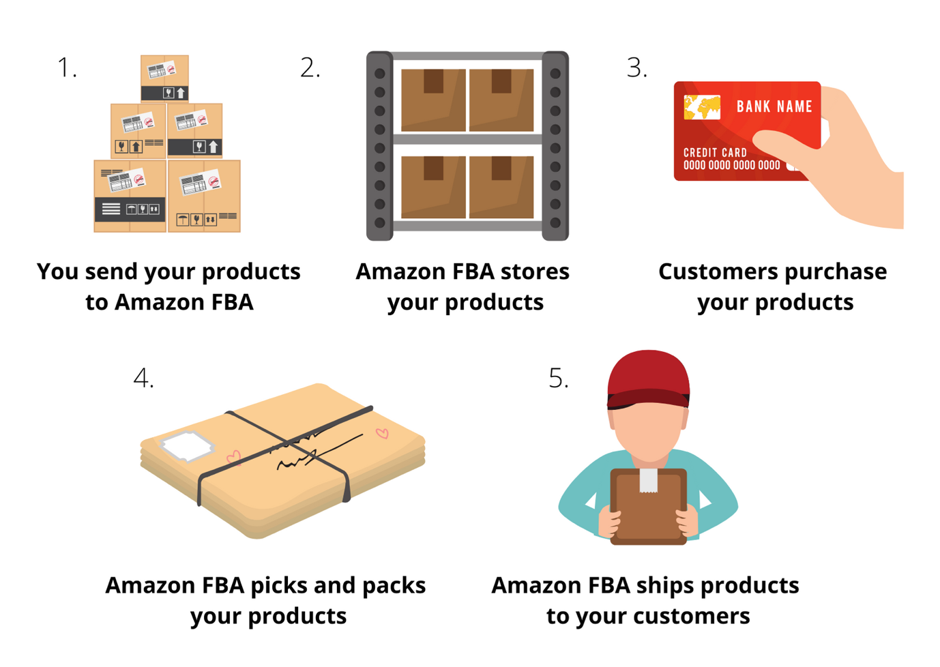If you’re new to international buying, you might be wondering why shipping costs can change depending on the time or the route. One reason for this is something called the Currency Adjustment Factor (CAF). If you’ve never heard of CAF before, don’t worry – in this article, we’ll break down everything you need to know about this important term and why it matters for your shipping costs.
What is CAF?
The Currency Adjustment Factor (CAF) is a charge that shipping companies add to freight rates to account for changes in exchange rates between different currencies. When you buy products from other countries, shipping companies have to deal with multiple currencies – like the US Dollar (USD), the Euro (EUR), or the Japanese Yen (JPY) – to cover their costs.

Because exchange rates between these currencies are always changing, shipping companies face a risk of losing money if a currency they need becomes weaker. To protect themselves, they add the CAF as a way to adjust the price and cover the difference when exchange rates fluctuate.
Why Do Shipping Companies Use CAF?
Shipping companies operate in a global environment where currencies from different countries are constantly changing in value. For example, let’s say a shipping company is based in the United States and operates routes to Europe. They may earn money in Euros (EUR) but pay for fuel, ship maintenance, and crew salaries in US Dollars (USD).
If the Euro weakens against the Dollar, the shipping company will need more Euros to cover the same amount of USD expenses. To prevent losing money because of this, they apply the CAF to adjust the price of shipping and protect themselves from currency risk.
How Does CAF Affect Shipping Costs?
When you get a shipping quote for an international order, it includes the base freight cost and possibly several surcharges, including the Currency Adjustment Factor. If the exchange rates are stable, the CAF might be very small or even not applied at all. However, if exchange rates fluctuate significantly, you may see an increase in your shipping rate due to CAF.
Here’s an example to help you understand:
Imagine you’re shipping goods from the United States to Europe. The base shipping cost is $1,000, but the shipping company applies a 4% CAF surcharge because the value of the US Dollar has changed compared to the Euro. This would mean:
- Base freight rate: $1,000
- CAF surcharge: 4% of $1,000 = $40
- Total shipping cost: $1,040
In this case, you’d be paying an extra $40 because of the exchange rate fluctuation.
Why is CAF Important for International Buyers?
As a new international buyer, you may notice that shipping costs can change depending on the time of year or the shipping route. While fuel prices and seasonal demand play a role, currency fluctuations are a major factor. Understanding CAF helps you realize why shipping rates can vary and gives you a clearer picture of how international shipping works.
CAF is important because:
- Currency Volatility: International trade involves currencies from different countries, and their values can change quickly. CAF helps shipping companies cover their costs when these currencies change in value.
- Fair Pricing: CAF allows shipping companies to adjust their prices fairly instead of guessing at future exchange rates. This way, they don’t have to increase their base freight rates too much.
- Transparency: By applying a clearly defined surcharge, shipping companies let you know exactly why the cost of shipping may go up or down, rather than raising prices without explanation.
What Else Affects Your Shipping Costs?
While CAF is one important factor that can influence your shipping costs, it’s not the only one. Here are a few other common charges you might encounter when shipping goods internationally:
- Bunker Adjustment Factor (BAF): This surcharge covers the changing cost of fuel, which is a major expense for shipping companies.
- Peak Season Surcharge (PSS): During busy times of the year, like the holiday season, shipping demand goes up, and so do costs. The PSS helps shipping companies manage these periods of high demand.
- Security Surcharges: Some regions may require extra security due to political instability or piracy threats, leading to additional charges.
Each of these surcharges is applied for specific reasons, and together they make up the total shipping cost. As a buyer, it’s good to understand these charges to know what you’re paying for.
How Can You Plan for CAF in Your Purchases?
Since you now know that exchange rates affect CAF, how can you plan for it in your international purchases? Here are some tips:
- Monitor Exchange Rates: Keeping an eye on exchange rates can help you estimate when shipping rates might increase. If the currency in the country you’re buying from weakens compared to your local currency, you might face a higher CAF surcharge.
- Ask for a Full Quote: When you request a shipping quote, ask the shipping company if the CAF is included or if it might change by the time your goods are shipped. This way, you can avoid surprises in your final shipping costs.
- Consider Alternative Routes: Sometimes, shipping routes through different countries may result in lower currency risks. Shipping companies may pass these savings on to you, so it’s worth comparing different options.
- Ship During Stable Times: If possible, avoid shipping during periods of high economic instability or currency volatility, as this can result in higher CAF rates. Planning ahead can save you money.
Conclusion
As a newbie international buyer, understanding the Currency Adjustment Factor (CAF) can help you make smarter decisions about your shipping. CAF is an essential surcharge that protects shipping companies from losing money due to changing exchange rates. While it may increase your shipping costs, it helps ensure that shipping companies can continue to operate reliably across international borders.
By being aware of how CAF works and how it affects your shipping costs, you’ll be better prepared when making international purchases and shipping goods to your destination. Make sure to ask your shipping provider about CAF and other surcharges so you can budget accurately for your global shopping.






